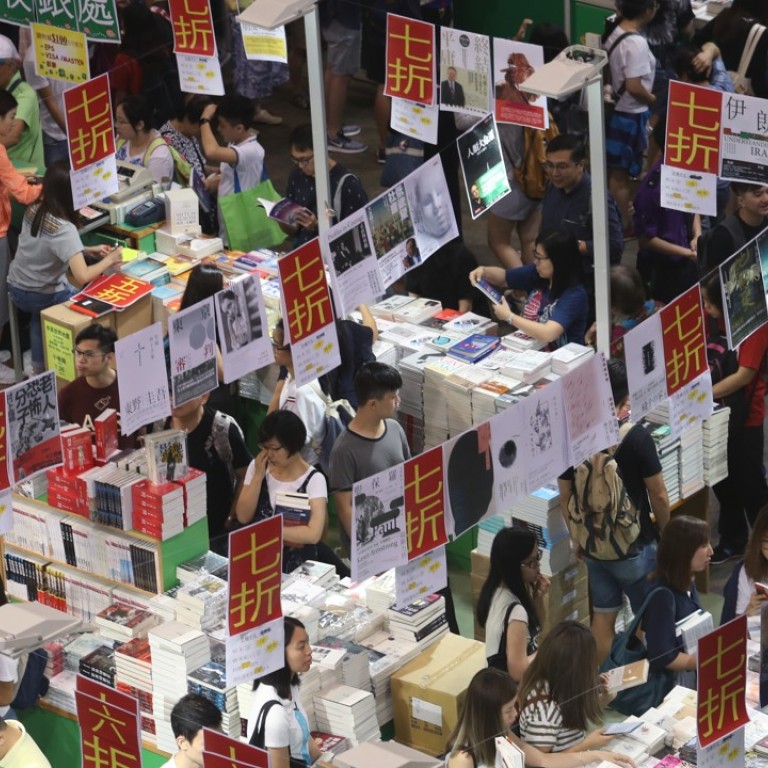
It’s not just English, Hong Kong’s Chinese standards are slipping as well
As a former Chinese editor, I have high expectations of fellow Hongkongers who represent their organisations. From time to time, I receive emails in Chinese from different companies and non-governmental organisations, and I often come across careless mistakes such as extra spaces, misused fonts and missed words – careless mistakes that can be avoided just by carefully proofreading the draft.
What shocks me most are the errors made by editors. I wish to differentiate such errors from mistakes. The latter refers to slips that are caused by carelessness or other non-language factors, while the former refers to slips that are the result of a lack of grammatical knowledge.
Pauline Chen reworks a classic of Chinese literature
Quite frequently, I encounter letters in Chinese that are full of wrong words, grammatical slips and misused punctuation. Sometimes, the writers seem to not know how to express politeness in Chinese. I attribute this to the fact that Hongkongers do not read enough good writing.
Chinese newspapers in Hong Kong do not have high language standards and they do make careless mistakes and grammatical errors. Their articles and reports are circulated across the internet and are read by a lot of people. So how can we expect Hongkongers to write Chinese well when what they are reading is of poor quality?
Anson C.Y. Chan, North Point

